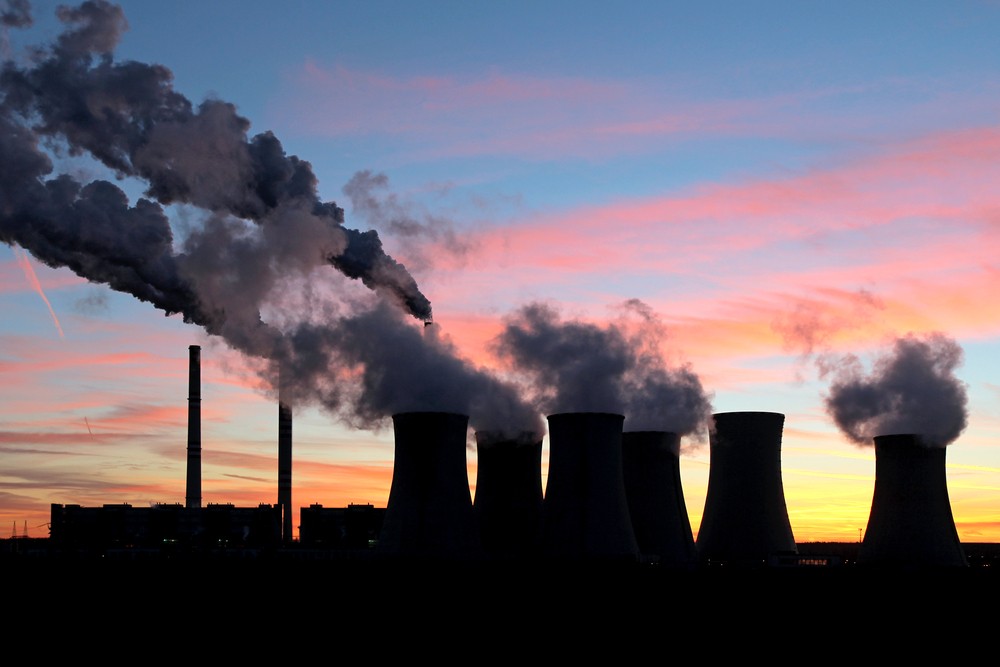Popular Reads
Top Results
Can't find what you're looking for?
View all search resultsPopular Reads
Top Results
Can't find what you're looking for?
View all search resultsSecond try: Carbon trading
Experience has shown that without a transparent mechanism, carbon trading will only be a way for companies or countries to escape their carbon responsibility. This is a major task for delegates and nations should they want to put the international trading system in place. There should be a transparent and accountable mechanism that assures these transactions benefit the poor, especially communities living in and around forests.
Change text size
Gift Premium Articles
to Anyone
T
he annual United Nations climate conference is opening in Madrid this week, giving countries another chance to meet and consolidate their global climate action. There is an air of despair as world leaders are sluggish in responding to global climate protests run by youths all over the world and the emotional plea of Swedish teenager Greta Thunberg.
Chile, which has been overwhelmed by antigovernment protests, pulled out from hosting the event just weeks before it started. No greater ambitions have come from countries, even though island states are crying out for help amid rising sea levels creeping up their coastlines. But there is also a renewed enthusiasm to establish an international market for an emissions trading system, an initiative that has been circulating since the first global climate treaty, the Kyoto Protocol.
Once marred with scams that involved companies receiving money from dodgy “green” schemes but leaving farmers and indigenous peoples poor, carbon trading was once again in the spotlight last year after American economist William Nordhaus received the Nobel Prize for his pioneering work on carbon tax.
Studies have proved that pushing companies or countries that emit excessive carbon dioxide can reduce the amounts of dangerous particulates being released in the air and subsequently prevent the Earth from getting warmer.
Experience has shown that without a transparent mechanism, carbon trading will only be a way for companies or countries to escape their carbon responsibility.
This is a major task for delegates and nations should they want to put the international trading system in place. There should be a transparent and accountable mechanism that assures these transactions benefit the poor, especially communities living in and around forests.
As home to the world’s third-largest rainforest cover, Indonesia has prepared itself for the carbon trading system. The government is close to opening the first domestic carbon market after issuing Government Regulation No. 46/2017, which allows the state to receive environmental funds from carbon trading.
The government has also set up a public service agency tasked with managing and disbursing these environmental funds. Named the Indonesian Environmental Estate Fund, the agency jointly launched by the Office of the Coordinating Economic Minister, the Finance Ministry and the Environment and Forestry Ministry in October, will support “climate change mitigation and adaptation efforts, which include carbon credit and trading as well as indigenous-people empowerment”.
With less than a month to 2020, the deadline for implementation of the Paris Agreement, the establishment of the international carbon trading system may become a prominent step forward.
The system should really benefit poor people, developing countries and those island states that have felt the pinch of rising sea levels as well as extreme weather. As climate change reaches a tipping point, when the planet gets to experience the hottest years as well as the worst hurricanes and floods and tsunamis in its history, every nation is at stake.










